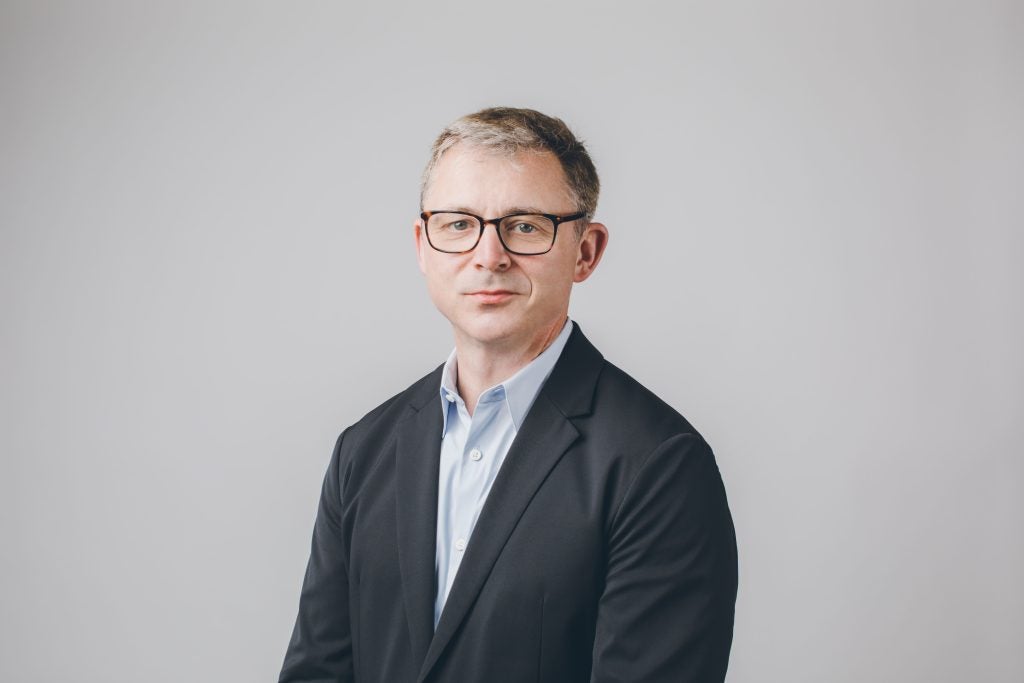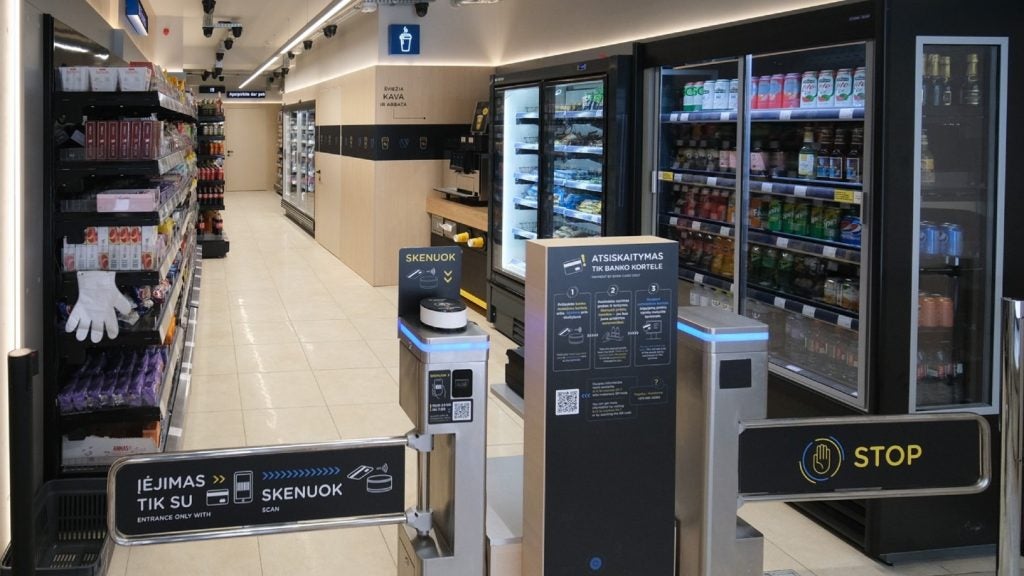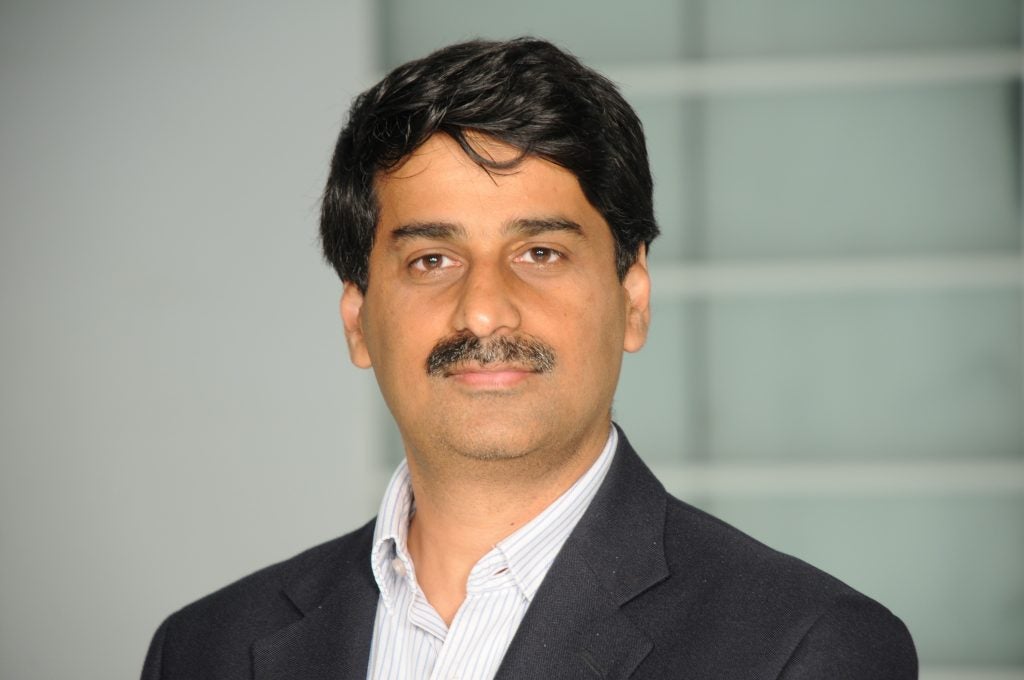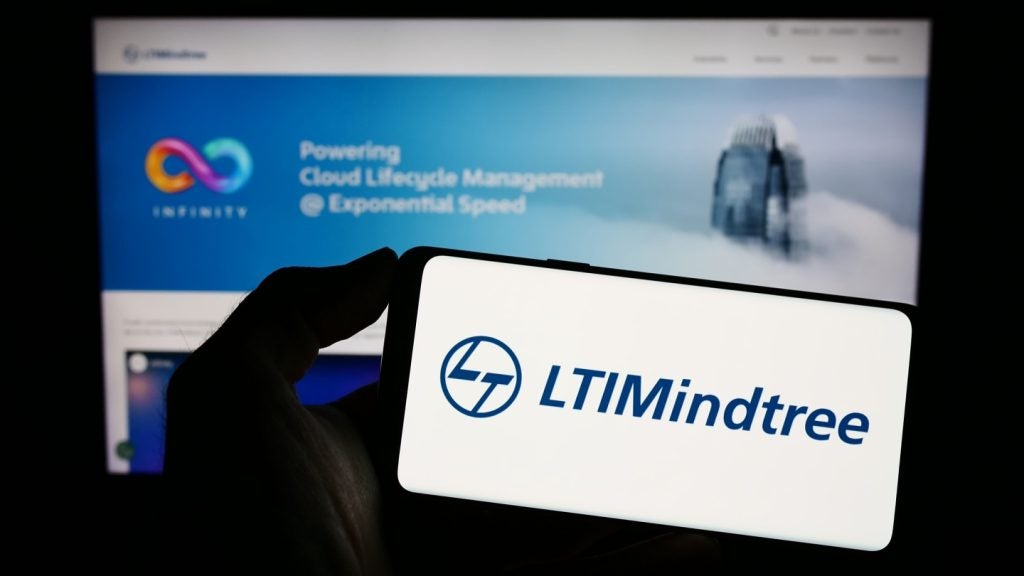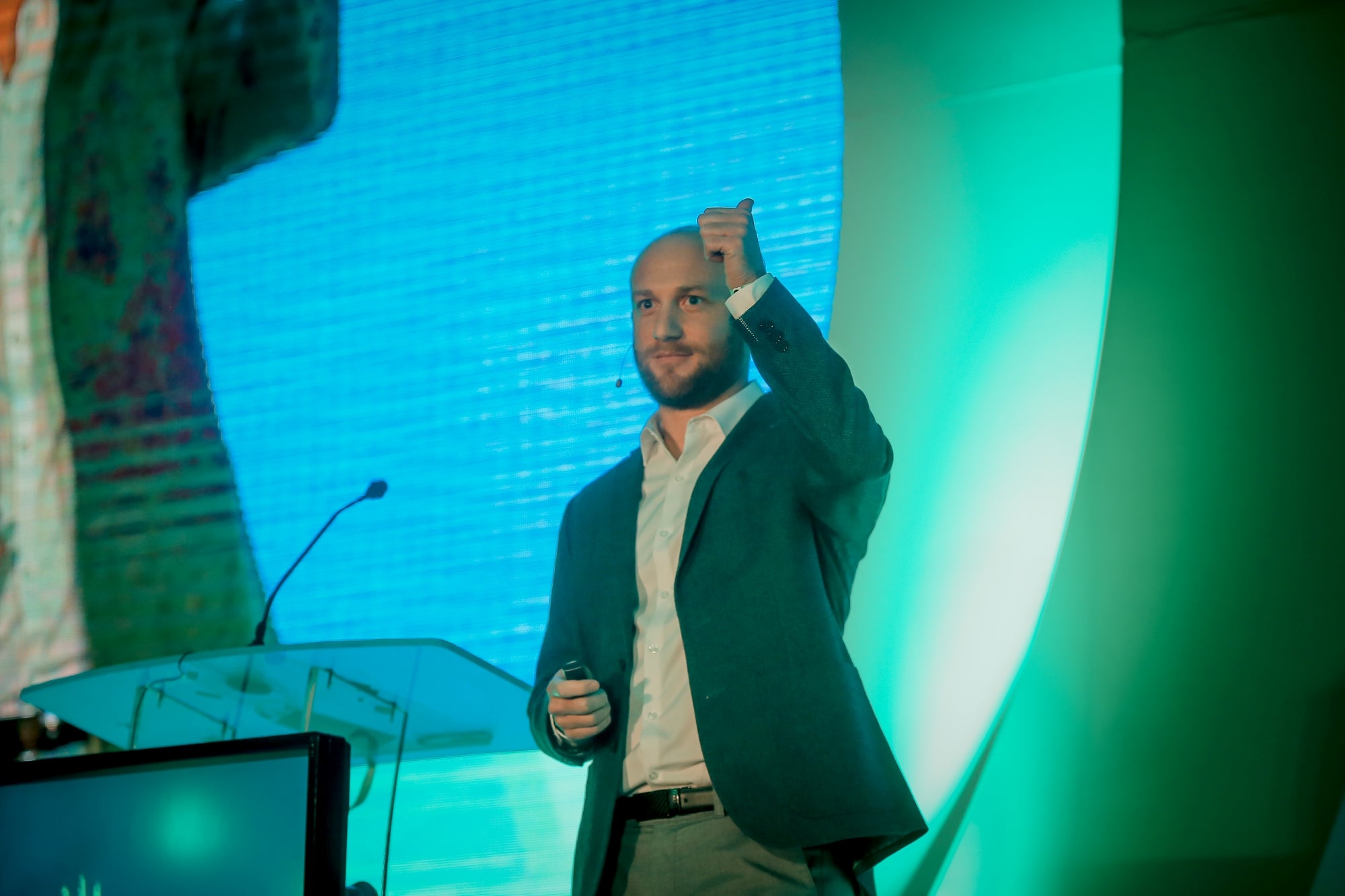
Maty Siman is the CTO and founder of Checkmarx, an application security company that integrates automated software security into DevOps.
The Israeli firm was acquired by private equity firm Hellman & Friedman for $1.15bn in 2020, cementing its unicorn status. Founded in 2006, Checkmarx now has more than 1,600 customers, including 50% of the Fortune 50.
Prior to founding Checkmarx and becoming its CTO, Siman worked as a senior IT security expert and project manager at the Israeli Prime Minister’s Office. He has more than 20 years of IT experience in software development, source code analysis and IT security.
In this Q&A, the latest in our weekly series of CTO Talks, Siman explains why he’s excited about serverless computing, why he believes it’s key to feel customers’ pain and why “technology is eating the world”.
Rob Scammell: Tell us a bit about yourself – how did you end up in your current role?
Maty Siman: My journey to becoming CTO at Checkmarx started at the age of seven when I received my first computer. The gift ignited my passion for technology and inspired me to learn “Beginners’ All-purpose Symbolic Instruction Code (BASIC)” – a basic and easily understandable programming language. Since then, I have written code every day, and that was 35 years ago.
This love for code resurfaced at the age of 27 when, after serving at one of the application security units within the Israeli Defence Force, I realised there was no product to help developers produce secure code. It was a gap in the market that needed filling, and so with 20 years of software development experience and nine within security specifically, I decided to build the product myself. Thus, Checkmarx was born.
How well do you really know your competitors?
Access the most comprehensive Company Profiles on the market, powered by GlobalData. Save hours of research. Gain competitive edge.

Thank you!
Your download email will arrive shortly
Not ready to buy yet? Download a free sample
We are confident about the unique quality of our Company Profiles. However, we want you to make the most beneficial decision for your business, so we offer a free sample that you can download by submitting the below form
By GlobalDataWhere did your interest in tech come from?
In all honesty, like with many youngsters, I wasn’t interested in technology until I received my first computer. It fundamentally changed my outlook and I have been interested in technology and the opportunities it presents ever since. It’s also made me passionate about helping young people develop their STEM skills from an early age.
Which emerging technology do you think holds the most promise once it matures?
Without being reductionist, as arguably this technology is already mature, I expect serverless computing to grow into much more of a phenomenon than it is today.
The benefit of infinite scalability, while focusing only on business logic, has huge value to the industry as a whole and we’re only really scratching the surface of its potential. Serverless is the next phase of cloud computing and will offer almost endless benefits for businesses and citizens alike.
How do you separate hype from genuine innovation?
This really is the billion-dollar question! While it’s difficult to truly predict what the next big innovation will be, I would say that it typically takes about eighteen months for hype to either die or transition into something cool that might actually work, even if no one’s heard of it. It’s within the realm of that transitional period where differentiations can be made, and it’s the optimum time to catch and foster genuine innovation – investors and businesses searching for the next big innovation would do well to do so within this timeframe.
What one piece of advice would you offer to other CTOs?
I truly believe it’s crucial to feel the pain of your customers. It’s really not enough for CTOs to just read about the problems they’re trying to solve. Instead, they must roll up their sleeves and truly get to grips with what their users are struggling with first-hand.
Far too often I have met with founders and CTOs that have only heard about the problems they’re trying to solve through the grapevine, rather than directly experiencing it themselves. This, by nature, means it’s impossible for them to fully understand each challenge and come up with the most complete solutions.
What’s the most surprising thing about your job?
In every company the role of the CTO is different. In fact, I don’t think there are many positions with such diversity. This is precisely what I love about my role.
While this really benefits me and my working style, there are pitfalls. The main one being that the number of fellow CTOs you can consult with on certain issues is limited, as each one shapes the position very differently.
What’s the biggest technological challenge facing humanity?
Marc Andreessen once famously wrote that software will eat the world. I believe in the present day this comment can be extended to say that it’s technology which is now eating the world.
Andreessen’s remarks came at a turning point within both life and business, where software was creating rapid and vast opportunities. To an extent, history is now repeating itself and in 2021, we again find ourselves at a technological intersection.
This time, however, the pandemic has changed the world in which we live and work. Businesses are having to invest in and adopt new and innovative solutions just to survive, and people are adopting new apps and technology to remain healthy.
The challenge with this, however, occurs when we question how we can ensure these technologies are successful with the mass market. This needs to be looked at from two ends. Firstly, people need educating on how to use new technologies, and secondly, we must make technology easier to use if it’s to be adopted.
What’s the strangest thing you’ve ever done for fun?
When it comes to my personal life – perhaps it’s the fact that I like to do things a little differently. Where many people spend their holidays at the beach, my family and I recently went on holiday specifically to stargaze. My daughter is a huge fan of all things space, so we thought it would be a fun experience to indulge her passion and make a holiday of it. Who knows, she might make a career of it one day.
What’s the most important thing happening in your field at the moment?
Arguably it would be the convergence of multiple technologies which seemed to be remote in the past. Infrastructure as code, API, source code, open source, they were all previously independent areas but have since converged into a single solution with very blurry boundaries.
In another life, what would you be?
In another life, I would be a traveller as I love to explore. I always contemplated working in academia also, so ideally I would combine the two and become a travelling academic!



